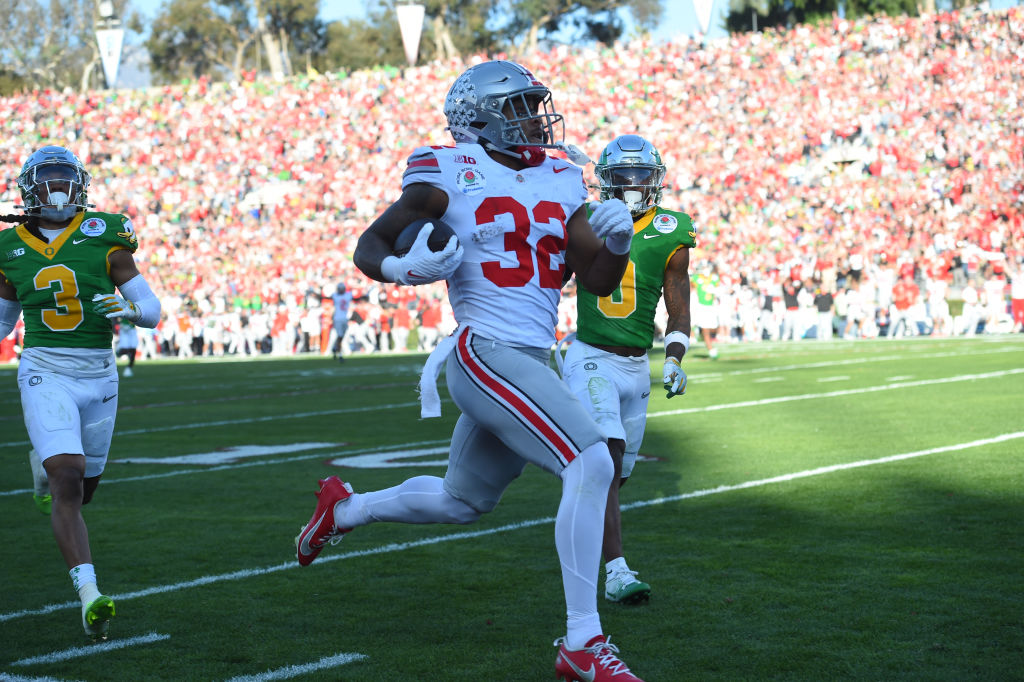Tacos, burgers and sushi. You can find almost any type of food at food trucks across Los Angeles.
They are a staple of LA that often comes with hours and hours over a hot grill.
Inside the Los Aztecas food truck in Highland Park, they are busy during the lunch rush, with temperatures rising with each order.
Alexander Del Rio from Los Aztecas food truck says the heat is tough to deal with all year round, but especially in the summer.
Get top local stories in Southern California delivered to you every morning. >Sign up for NBC LA's News Headlines newsletter.
Across town in the Westwood section of Los Angeles, near UCLA, Fabiola Ruiz from Tatiana’s Catering shares a similar experience. When the NBC4 I-Team visited the truck recently, the outside temperature was 73 degrees.
Inside her food truck, Ruiz says it was nearly 90 degrees.
Hot temperatures inside food trucks is the focus of a study recently released by the UCLA Heat Lab. Jason Sutedja is a Senior at UCLA and part of the research group.
Local
Get Los Angeles's latest local news on crime, entertainment, weather, schools, COVID, cost of living and more. Here's your go-to source for today's LA news.
He explains they placed sensors in three different locations, inside several food trucks serving university students on campus during an evening in April 2022.
“So when it was a 65 degrees cool night outside, the temperature sensors would show consistently over 100 degrees,” Sutedja said. “I think the difference is really striking, because that was, like, on a cool night,” he added.
The study suggests making changes to certain regulations to focus specifically on food trucks
“We have a lot of regulations for indoor workers, and we have a lot of regulations for outdoor workers, but food truck workers are kind of, like, in this in between,” he said.
Take for example, the regulation to keep doors closed during food preparation
“LA health policy requires food truck workers to keep the back door closed in order to make it so flies and other things can't get in the food trucks. But at the same time, that restricts airflow and makes the food trucks a lot hotter,” Sutedja said.
The study cited the California Retail Food Code. So, the NBC4 I-Team asked the California Department of Public Health if updating or creating regulations for food trucks was possible. They tell us the legislature is responsible for making changes to the California Retail Food Code.
As for the temperature inside the truck, a spokesperson for the California Department of Public Health added:
“The California Retail Food Code (CRFC) addresses ventilation and the reasonable condition of comfort for employees... however, it does not provide a maximum ambient air temperature for employees...”
Basically, there’s no limit to how hot it can get for workers inside. Del Rio says they try to stay hydrated with water or other beverages.
Other food truck employees the I-Team spoke with say they do what they can to deal with the hot temperatures because this is how they make a living.
Similar attitudes, the UCLA Heat Lab team found in their research.
“We also saw a big normalization of the heat, where a lot of the workers would be like, yeah, it gets bad, but you get used to it,” Sutedja said. “This is an idea that we want to kind of debunk. Like, everywhere, everyone experiences heat the same. Everyone's just as vulnerable to the effects,” he added.
The CDPH also tells the NBC4 I-Team it is in the process of creating a new program to address heat-related illness among workers where they can report unsafe or unhealthy working conditions so the department can track any hazards.
In an email statement a spokesperson says:
“CDPH’s Occupational Health Branch is in the process of establishing a new program to address heat-related illness among California’s workers. Prevention activities are anticipated to include tracking and evaluating hazards and developing training and informational materials for a variety of workers and businesses, including kitchen workers and restaurants. Employees can report any unsafe or unhealthy working conditions, including extreme heat, to the California Division of Occupational Safety and Health (Cal/OSHA). Instructions for filing a complaint are found here: https://www.dir.ca.gov/dosh/Complaint.htm “
“I think that's a really good first step. I think as global warming continues to worsen, we need to evolve our policies to accommodate that,” Sutedja said.
Food for thought, the next time you enjoy a food truck delight.



